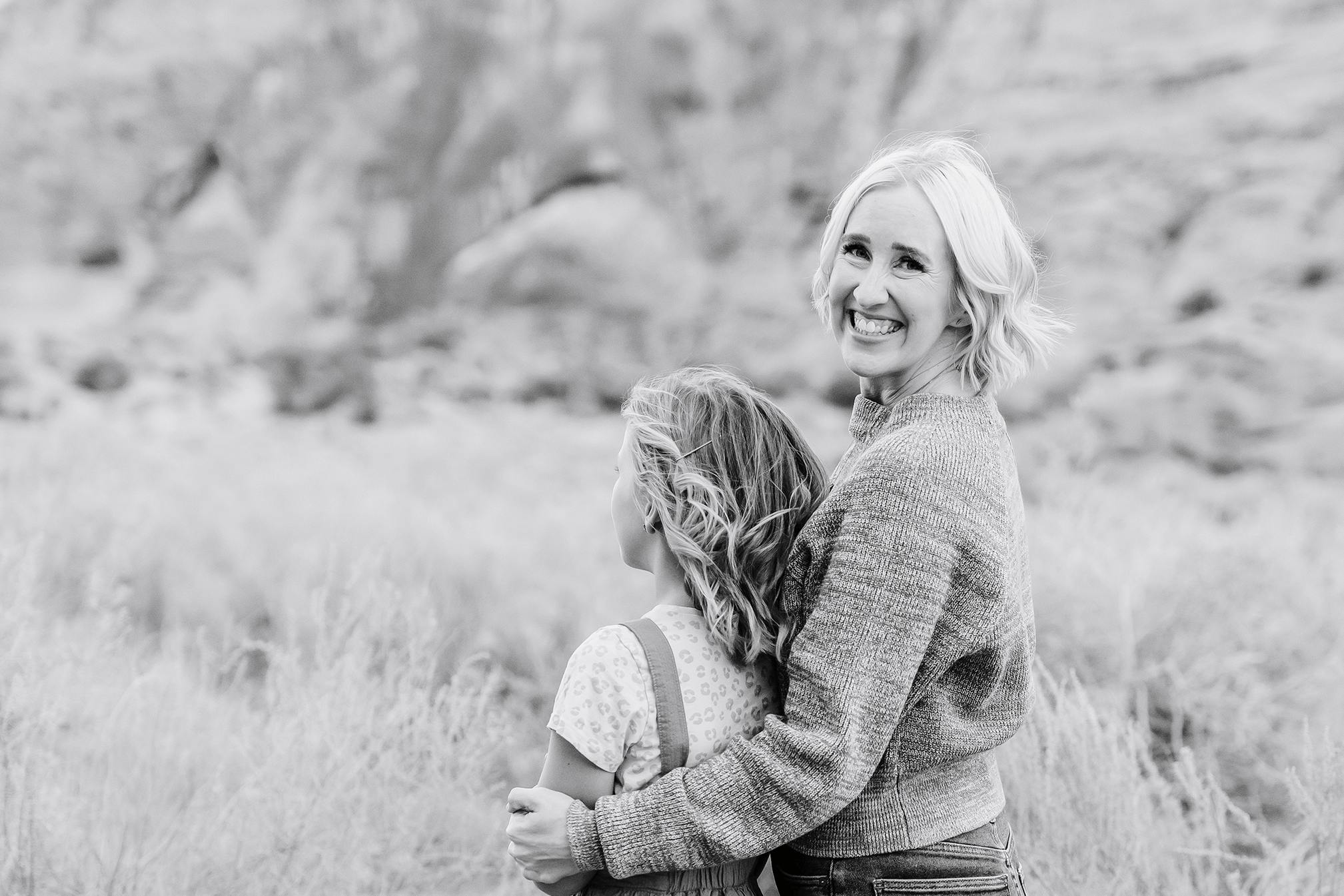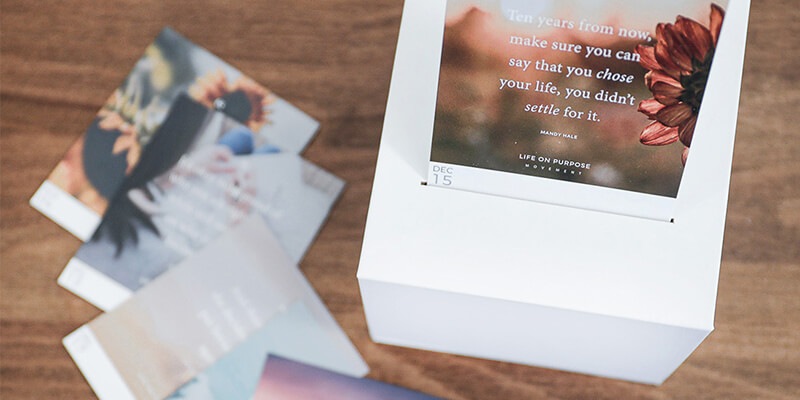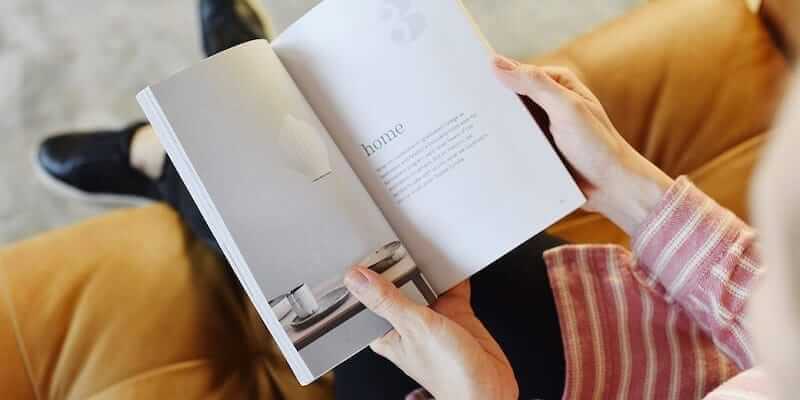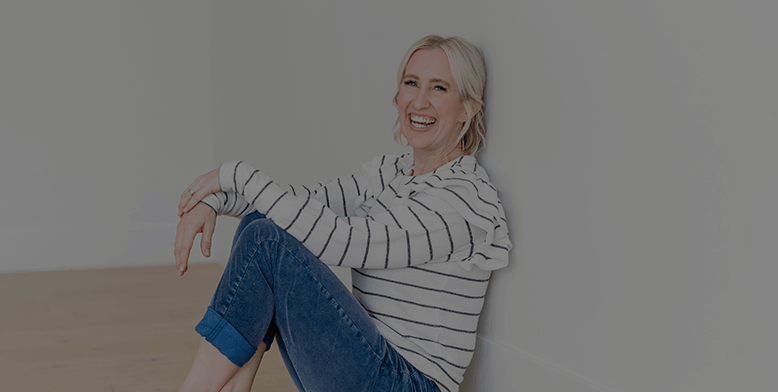Today we’re mixing things up with a Q&A episode! I answer your questions on how to de-stress when you can’t find a way that works, how to get kids to accept having fewer toys, how much sleep I get, how much screen time my kids use—and more!
As always, you can listen in the player at the bottom of this post or in your favorite podcast app, or read the Q&A right here. (And let me know in the comments what you think about this format!)
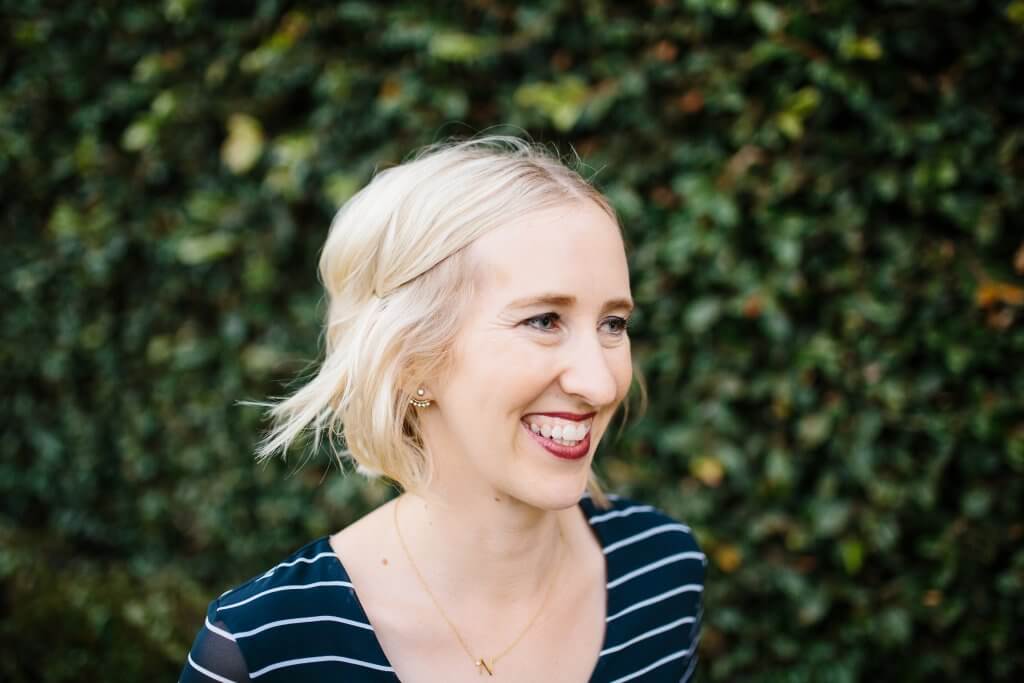
Kathleen: How do you get your kids to understand and accept fewer toys?
Someone should entire show…not just an episode but a whole podcast on just this topic! But to keep it short, here’s what I suggest starting with if you want to reduce the number of toys in your home.
Before talking to the kids about how many toys they have, determine what values you want to have as a family. What kind of memories do you want to make? What do you want your family to embody? Focus on what you DO want for your family, even more than what you DON’T want…which in this case is a ton of toys.
Once you’ve decided your family values, you can create conversations that show your kids what you’re building together as a family, giving them a big-picture perspective.
In our family, we like to talk about how we seek beauty and adventure. (It’s one of the principles of our family purpose statement.) We do a lot day trips to the beach, take family hikes, and go mountain biking. (I fully credit my husband for most of our adventuring!) Because we hold up adventure as a family value, I get to say things to our kids like, “Isn’t it interesting how we are still reminiscing about our trip to Yosemite two summers ago, even thought that toy that you really wanted last summer has long been forgotten?” Little opportunities like that come up when you are emphasizing what you do want to create with your family.
The last thing I’ll say about this for now is that I don’t think there’s a right or wrong way to go about reducing your toy collection with your kids. I think it’s okay if you want to pair back for them, especially if they’re young. You’re the parent!
But if you want to incorporate them as they grow, try to find opportunities to have conversations around the toys and the differences in how they feel with a lot of toys versus a few toys. When they have a ton of toys out, point out that it seems like they’re overwhelmed and finding it hard to focus on any one activity, and point out how creative they are when they only have a few options in front of them. Talk about how easy it is to clean up when you don’t own as much. Hopefully, over time these conversations will help them catch the vision of fewer toys.
Ashleigh: How can I find a way to de-stress? I can’t find a way that works for me!
Stress is uncomfortable. So like any negative emotion, we usually want to get rid of it as quickly as possible. If you can’t find a way to destress that works for you, I wonder if you’re trying to push it away without really feeling it.
We store our emotions in the body, so the best way to process them is to notice how it feels—physically. Do your shoulders feel tense? Do you have a tightness in your chest? Do your knees feel unstable? Get as specific as you can, and let yourself FEEL it.
A few weeks ago, when our family decided to move to Utah after 12 years in California, I was a walking stressball for a good while. I kept challenging myself to go into my body and FEEL my stress about the move, my sadness about leaving friends, my anxiety for my kids—all the emotions that go with a move.
We’re now just a few days out from our move, and I feel remarkably calm about it all. I mean, not stress-FREE, but I think that processing those emotions right off the bat—and allowing myself to continue to feel them whenever they come up—is giving me a lot of peace right now.
Our next question is the perfect follow up, because processing your stress will be even more effective if you’re practicing self-care at the same time.
Jessica: Can you share some self-care ideas for when I’m able to carve out 15 minutes of me time?
Yes, I’d love to!
- Write 3 things you’re grateful for in your journal.
- Try a new makeup technique!
- Do a short meditation using a youtube video or the Headspace app.
- Lie down and listen to a sleep story(!) on the Calm app
- Climb into your child’s bed for a few minutes of cuddles before the day really gets started.
- Light a candle and breathe it in deeply.
- Turn on soft music while you make dinner.
- Listen to a favorite podcast or an audiobook from your library while you do household work. (It makes chores sooooo much better!)
- Sit outside without your phone. Just breathe and watch the sky.
- Rub lotion into your hands and feet before you go to sleep.
{More ideas here: 24 Self-Care Practices for Mothers: Do It for Yourself—Do It for Your Daughter}
This one’s NOT a 15-minute activity, but I just have to add that I don’t think I’ve ever in my life felt as physically relaxed as I did when I came out of a float tank. Google “float tank” or “float spa”—you’ll see what I mean!
By the way, if you struggle just to GET 15 minutes of time to yourself, check out Episode 7, where I share 9 creative ways to carve out that time.
Ashleigh: What if your purpose is not your job?
This question immediately reminded me of something I’ve heard Elizabeth Gilbert say before. (I think she writes about it in her book Big Magic.) The idea is this:
Don’t make your passion pay the rent.
She says, “I have watched so many people murder their creativity by demanding that their art pay the bills.”
If you’ve done the inner work to discover your purpose for this season of your life, that’s incredible! I don’t think you need to put pressure on yourself by requiring yourself to have a job that helps you fulfill that purpose. Sometimes a job is just a job, and I don’t think there’s anything wrong with that. (Unless, of course, your job makes you feel egregiously out of alignment with your purpose, but that’s a whole ‘nother conversation!)
If you haven’t already, definitely go back and listen to episode 2 of this show: Maybe Your Roles Are NOT Your Purpose—Maybe Your Purpose Is Bigger. In that episode, I talked about how your roles (like your job title or your role as a partner or mother) don’t have to BE your purpose.
Btw, if you’re reading this and thinking, “I want to know my purpose, but I have no idea how!” I have a free worksheet that you’re welcome to download and print! Just enter your info here, and I’ll email it right over!
Becky: How often do you let your kids on devices?
Every day! I absolutely support (and admire!) parents who use less screen time than I do, but as an introvert who needs time to herself in order to BE her best self, I’ve always felt that the tradeoff was worth it. I am not a happy camper without that downtime in the afternoon.
Part of our overall parenting philosophy is that my husband and I want to fill our kids’ lives with fun and fulfilling hobbies and adventures OUTSIDE of screens, so that screens won’t be the end all be all. So I think raising kids with a healthy attitude toward their devices is as much about what they do when they’re OFF them as it is how much they’re ON them.
Becky: How did you start a good workout routine?
I will freely admit that I’ve fallen off the workout bandwagon during 2020. Between trying to put meaningful work into the world, manage the house and feed the kids, and support them in their remote learning, something had to give. So at this point, I’m just proud of myself if I walk the dog twice a day!
But for most of my adult life I’ve had a more committed exercise routine, and if you’re looking to start one, I highly recommend two books: Atomic Habits and Better Than Before.
Atomic Habits is written by James Clear. One of the things I like about it is that he makes a cause for an appeal to identity. Try to develop an identity of yourself as someone who does whatever habit you’re trying to form…as someone who exercises or as someone who gets a full night a sleep each night.
Better Than Before is by Gretchen Rubin. It’s an incredible book! She created a personality framework in regards to accountability. She says there are four types of people:
Upholders: people who are able to honor commitments both to themselves and others.
Abligers: people who need accountability from others, but struggle to meet their inward goals. (Work-out partners or personal trainers can be helpful for Abligers.)
Questioners: People who need to understand their why and consistently remind themselves the reason this habit matters. (That’s what I am.)
Rebels: People who tend to rebel against both inner and outer expectations. (Appealing to their identity is important for Rebels.)
Whether it’s fitness related or something entirely different, if you’re looking to start any new habits, check out these two books.
How much sleep do you get?
Sleep is especially important for people who tend to struggle with depression or anxiety, so I make it a huge priority. I shoot for eight hours a night, which for me is roughly 10:30-6:30. I also take a 30-minute nap almost every day. (I’m lucky my kids can survive without me for half an hour now that they’re a bit older!)
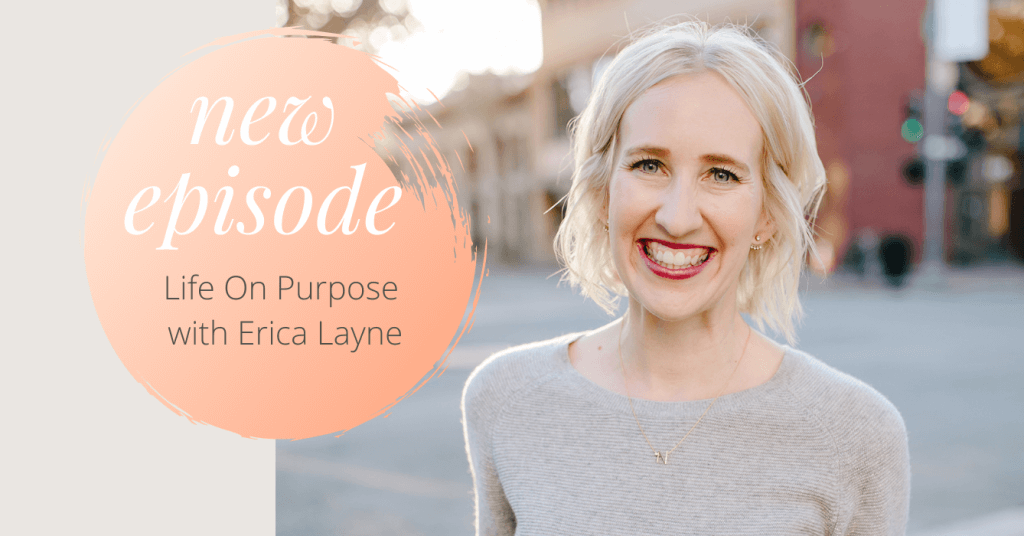
More from Episode 12 of “Life On Purpose with Erica Layne”
Here’s what else you can hear in the latest episode of the podcast!
- The Authenticity Calendar: My page-a-day calendar of inspiring quotes & affirmations makes the perfect holiday gift!
- Facebook Community: I would love to have you join my Facebook group Life on Purpose with Erica Layne, a place where listeners can continue the conversation and join together to help each other find more focus and peace.
- Have a suggestion or comment? If you have a comment, suggestion, or question you would like to hear answered on an upcoming Q&A episode, send an email to [email protected].
Listen to the full episode in your favorite podcast app, or in the audio player below! And be sure to hit subscribe!
Apple Podcasts | Google Podcasts | Spotify | Overcast | Stitcher
I hope you enjoyed this Q&A! Would you like to see more episodes in this style? LMK!
xo,


